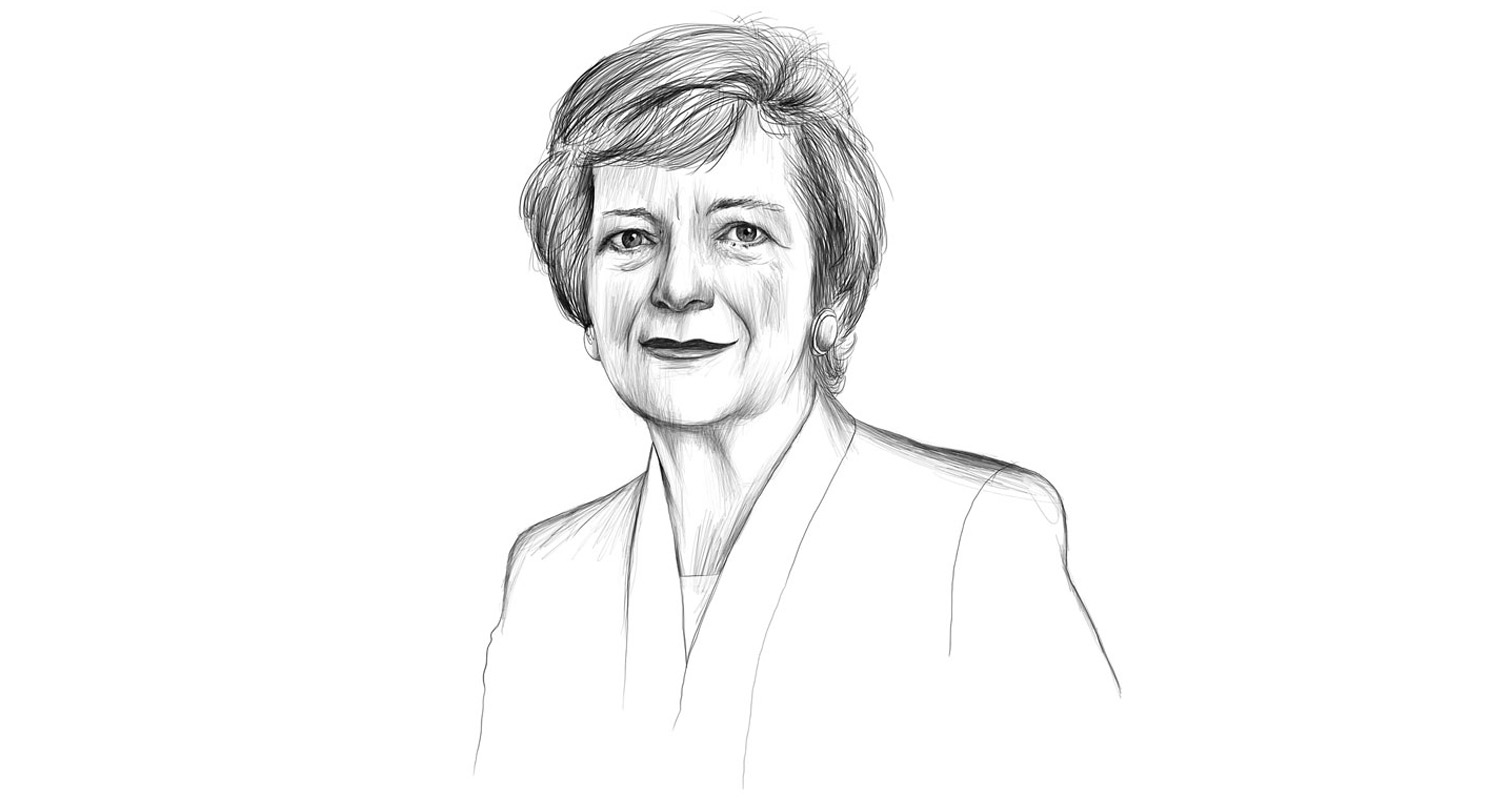Guest article: climate change
Calls for action

The obligation to act on climate change is clearer than ever: too many people are suffering in far too many places around the world, and decades of development progress are at risk. The scientific imperative to act has long been settled, and we have known for many years the economic reality that the costs of inaction greatly outweigh the costs of action. Yet, despite these clear reasons to act, sufficiently urgent climate action has been held up for years.
One of the main reasons for insufficient action is the difficulties in working out how to share the efforts needed to stabilise our planet’s climate – or in the dry words of climate negotiations: how to act in recognition of ‘common but differentiated responsibilities’.
Foundation for climate action for decades to come
Yet, achieving a fair and effective climate agreement in Paris will not be possible without finding a way for all countries to carry their fair share of climate action – both to stabilise the planet’s climate, and to increase the resilience of societies everywhere to deal with the impacts for which it is now too late to act. Those involved in negotiations for the Paris agreement must focus in detail on a complex negotiating text. This important work will create the foundation for climate action for decades to come.
But there is a risk that burden sharing becomes merely a negotiating red line. Instead, the notion of ‘common but differentiated responsibilities’ should be seen as a catalyst for transformative leadership for all countries which recognises that there are different calls to action for different groups of countries.
High expectations of emerging economies and developing countries
Today’s rich countries need to urgently decarbonise national economies. But for emerging economies and developing countries, what they are being asked to do is something that has never been done before – to develop prosperous, resilient societies, without relying on the fossil fuels or land use methods that have been the basis of prosperity for well over a century.
This is one of the biggest challenges ever posed to a group of countries – and it is made more pronounced by the fact that these countries contain most of the world’s population, and are where most of the world’s development needs to occur in the decades ahead. Whether they are able to deploy the transformative leadership required will in part depend on how the international community translates the concept of ‘common but differentiated responsibilities’ into the final Paris agreement.
Climate finance and technology transfer
In particular, it means that the role of climate finance – which is an enormous part of that discussion – and the related area of technology transfer need to be properly understood. These are frequently mischaracterised as an expectation of charity from those too poor to act. But if we share a collective need to avert catastrophic climate change, then climate finance is a practical manifestation, not of aid or charity, but of self-interest.
In this paradigm, climate action happens in both the developed and the developing world, with the necessary financial and technological support coming from developed countries to developing countries, in recognition of the additional leadership required.
Future generations will judge us on how we dealt with climate change – a problem that we know how to solve and can afford to solve. If we fail because we could not get past a debate on our different responsibilities, what will they think of us?
Mary Robinson is the UN Secretary-General’s Special Envoy for Climate Change. She is a former President of Ireland and a former UN High Commissioner for Human Rights.
published in akzente 3/15
Time for change
Essay: Climate
‘We’re talking millions’
Interview
A key role for cities
Infographic: climate



